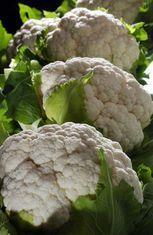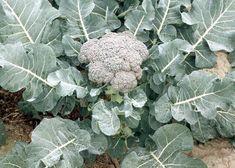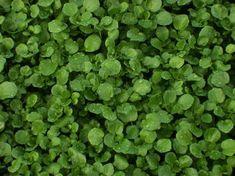


Compounds found in cruciferous vegetables broccoli, cauliflower, and watercress could block the progression of lung cancer, US Scientists have found.
Researchers from the Georgetown University Medical Centre and the Institute for Cancer Prevention said tests showed that a family of compounds present in the vegetables helped stop the development of lung cancer in both studies on animals and tests on human lung cancer cells.
Scientists say the results, which are published in this month’s Cancer Research journal, suggest that the compounds could potentially be available in pill form to help current and former smokers ward off the development of lung cancer.
"These studies provide significant insight into the mechanisms of lung cancer prevention and suggest ways the process can be slowed down after exposure has already occurred." said Fung-Lung Chung, Professor of Oncology at the Georgetown University Medical Centre.
"We still need to do more research, but it may be that an agent containing these ingredients could, to some degree, help protect people who have developed early lung lesions due to smoking. In any case, we know that eating vegetables is generally good for us, and that some studies have shown they help lower a person's risk of developing cancer." He said.
The studies were continuation of a 20-year research effort by Chung and his team and it is speculated that study they have produced on the connection between cruciferous vegetables and lung cancer is one of the most detailed available.
Michael Payne, an advisor for the National Farmers Union Watercress Association, said the findings were good news: “The watercress industry has been sponsoring quite a lot of research into health benefits and particularly the anticancer properties of watercress.” He said. “The results are very positive and encouraging.”